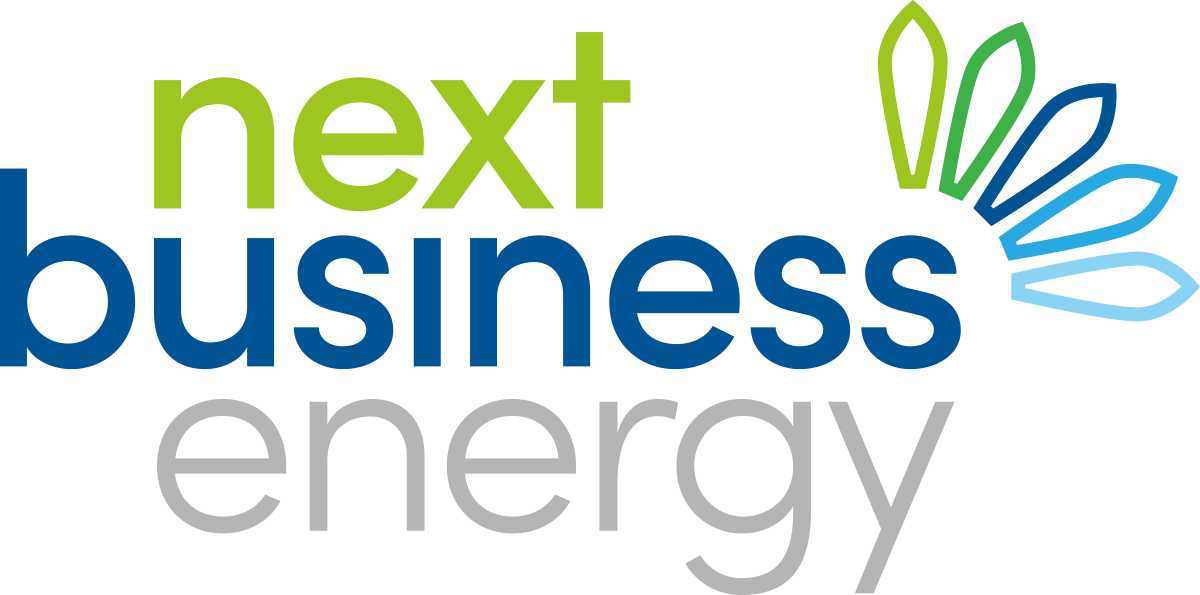Quick Service Restaurants (QSRs) are a cornerstone of the fast-paced food industry, known for their ability to deliver meals quickly and efficiently. However, running a QSR can be energy-intensive, leading to high operating costs that can eat into profits. By adopting energy-efficient practices, QSRs can significantly reduce their energy consumption and costs, improving their overall profitability. Here’s how energy efficiency can make a big difference for QSRs, and how Next Business Energy can help.
Understanding Energy Consumption in QSRs
QSRs typically have high energy demands due to the need for continuous operation of cooking equipment, refrigeration, heating, ventilation, air conditioning systems, and lighting. Each of these components contributes to the overall energy bill, making it essential to identify areas where efficiency can be improved. Partnering with Next Business Energy can help you pinpoint these areas and take effective action.
Benefits of Energy Efficiency for QSRs
Cost Savings
The most immediate benefit of energy efficiency is cost savings. By reducing energy consumption, QSRs can lower their electricity bills, freeing up funds for other business needs. Energy-efficient equipment and practices can reduce the amount of energy used in cooking, refrigeration, and lighting. For example, switching to LED lighting can cut lighting energy use by up to 75%. Next Business Energy offers competitive pricing and energy plans tailored to help QSRs maximise these savings.
Enhanced Customer Experience
A comfortable environment is crucial for attracting and retaining customers. Energy-efficient air conditioning systems can help maintain a consistent and comfortable indoor temperature, enhancing the dining experience. Additionally, well-lit and properly ventilated spaces can create a more pleasant atmosphere, encouraging repeat business.
Environmental Responsibility
Consumers are increasingly favouring businesses that demonstrate environmental responsibility. By adopting energy-efficient practices, QSRs can reduce their carbon footprint and appeal to environmentally conscious customers. This can enhance the brand’s reputation and customer loyalty, driving more business in the long run. Programs like GreenPower, which Next Business Energy participates in, provide opportunities for businesses to invest in renewable energy and reduce their environmental impact.
Key Strategies for Improving Energy Efficiency
Upgrading Equipment
One of the most effective ways to improve energy efficiency is by upgrading to energy-efficient appliances. Modern kitchen equipment, such as ENERGY STAR-rated fryers, ovens, and refrigerators, use significantly less energy than older models. Though the initial investment may be higher, the long-term savings on energy bills can make it a worthwhile expenditure.
Switching to LED Lighting
Lighting is a major energy consumer in QSRs. Switching to LED lighting can result in significant energy savings. LEDs are not only more energy-efficient but also have a longer lifespan compared to traditional incandescent or fluorescent bulbs. This means less frequent replacements and lower maintenance costs. Additionally, LED lights provide better quality lighting, enhancing the ambiance of the restaurant.
Implementing Smart Energy Management Practices
Smart energy management involves using technology and best practices to optimise energy use. For instance, installing timers and motion sensors can ensure that lights and appliances are only used when needed. Smart energy management systems can provide real-time data on energy use, helping QSRs identify and address inefficiencies.
Improving Building Insulation
Proper insulation can significantly reduce the need for heating and cooling. Ensuring that walls, roofs, and windows are well-insulated can prevent heat loss in winter and heat gain in summer, reducing the load on HVAC systems. Sealing gaps and cracks around doors and windows can also prevent drafts, further enhancing energy efficiency.
Engaging Employees in Energy Efficiency
Employees play a crucial role in the energy efficiency of a QSR. Training staff on energy-saving practices, such as turning off equipment when not in use and properly maintaining appliances, can lead to significant energy savings. Engaging employees in energy efficiency initiatives can foster a culture of sustainability within the business. Simple actions like ensuring the dishwasher is fully loaded before use or reducing the idle time of cooking equipment can make a big difference.
Take the Next Step Towards Energy Efficiency
Energy efficiency is a powerful tool for QSRs looking to improve their profitability and sustainability. By understanding their energy consumption and implementing strategic measures, QSRs can reduce costs, enhance customer experiences, and demonstrate environmental responsibility. Next Business Energy is committed to helping businesses, including QSRs, navigate the path to energy efficiency with expert guidance and tailored solutions. Embrace energy efficiency today and watch your business thrive.

